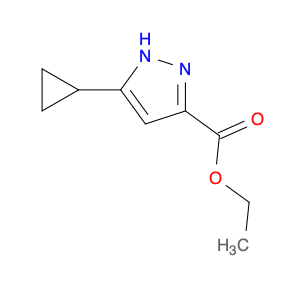Login |
Create New Account
 sales@aaronchem.com
sales@aaronchem.com

2,7-dichloro-4-methylquinoline
Catalog#: AR00EEPL | CAS#: 59666-16-9 | MDL#: MFCD01540827 | MF: C10H7Cl2N | MW: 212.0753
| Availability | ||
|---|---|---|
| Typically In Stock |
- Description
- Application
- Related Products
- Featured Products
| Catalog Number | AR00EEPL |
| Chemical Name | 2,7-dichloro-4-methylquinoline |
| CAS Number | 59666-16-9 |
| Molecular Formula | C10H7Cl2N |
| Molecular Weight | 212.0753 |
| MDL Number | MFCD01540827 |
| SMILES | Clc1ccc2c(c1)nc(cc2C)Cl |

1,3,2-Dioxaborolane, 2-[7-fluoro-3-(methoxymethoxy)-8-[2-[tris(1-methylethyl)silyl]ethynyl]-1-naphthalenyl]-4,4,5,5-tetramethyl-
2621932-37-2








